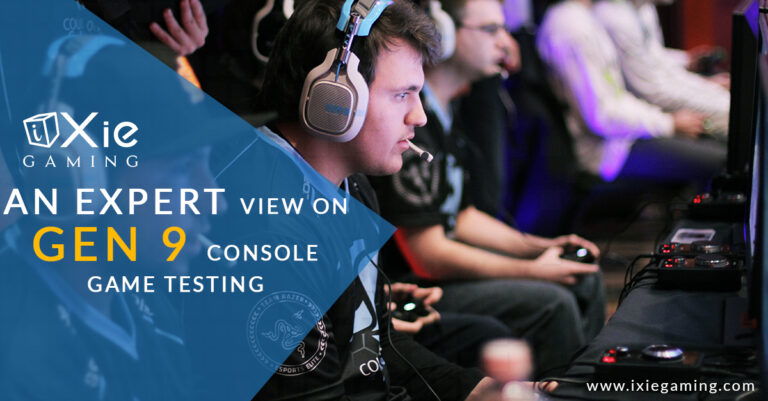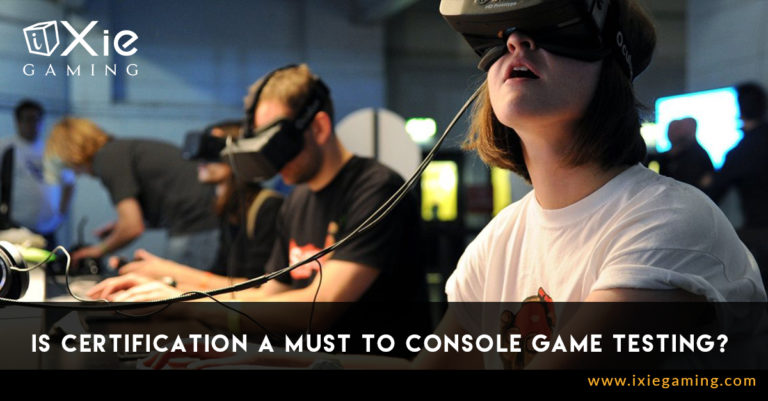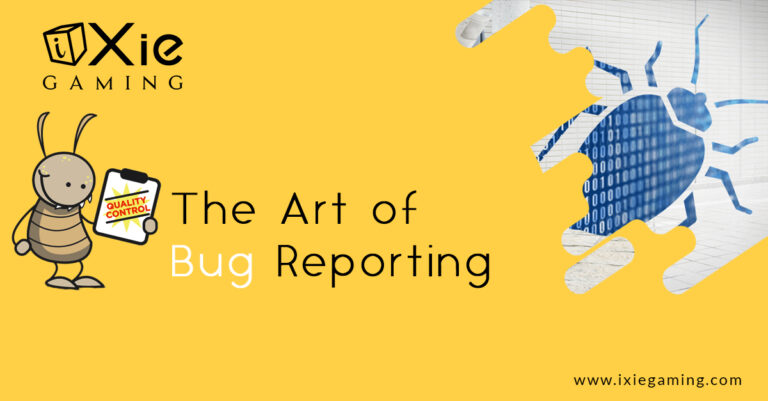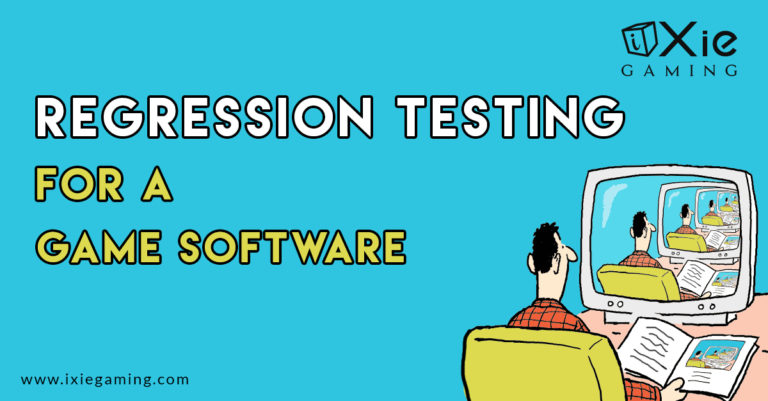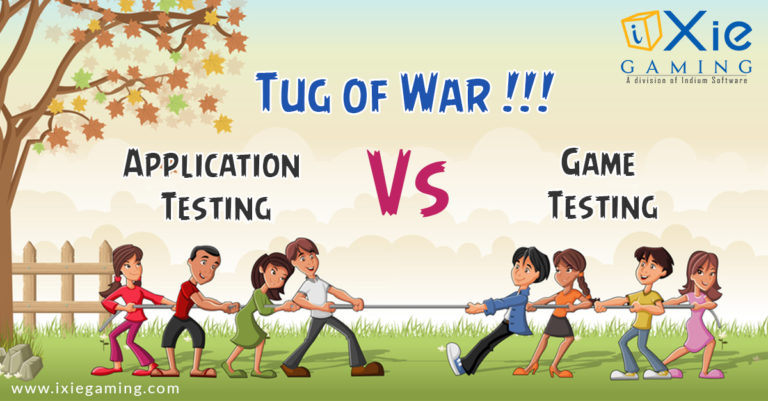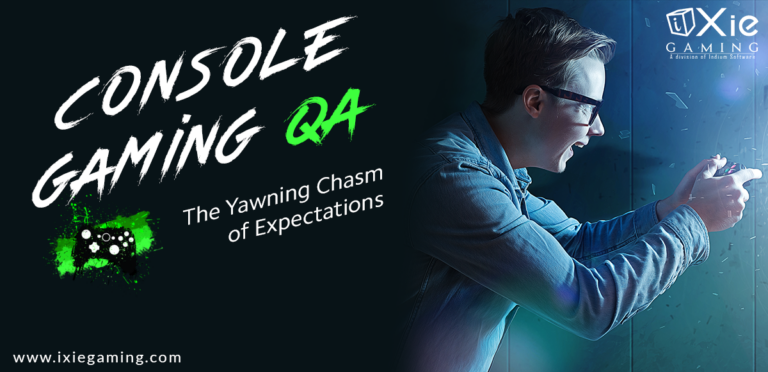It is no secret that game development is a complicated process. Developers often need to make continuous adjustments to align the product in development with its initial vision. These adjustments touch upon various facets such as gameplay, user interface, and overall game design. While most of the decisions are made from within the confines of the development studio itself, developers place considerable importance on a specific form of game testing to gather invaluable insights. Focus group testing stands as a critical phase in the development of video games, serving as a valuable tool to gather insights, refine gameplay mechanics, and optimize user experiences. Let’s take a look at the importance of focus group testing and understand the benefits it offers to game developers and the gaming community.

Understanding Focus Group Testing
The primary purpose of Focus group testing is to understand player reactions, preferences, and concerns for the game being developed. The process involves assembling a diverse group of participants, often representative of the target audience, to evaluate and provide feedback on the product in development. It is important that the group comprises of players with varying levels of skills within the game’s genre, which allows the developers to get feedback from various points of view.
This method allows developers to collect qualitative data on various aspects of the game, including gameplay mechanics, graphics, user interface, learning curve, and overall player engagement. Video games have evolved significantly over the years, branching out onto different platforms such as mobile devices, PC, and Consoles. Each platform presents unique challenges and opportunities, making focus group testing an indispensable tool for tailoring games to specific environments.
Mobile games often incorporate diverse monetization models. Focus groups assist in gauging player receptivity to in-app purchases, ads, and other revenue streams without compromising the gaming experience, helping maintain the balance between monetization and player satisfaction. Furthermore, focus groups help in evaluating the accessibility of controls, responsiveness to touch inputs, and the overall ease of navigation within the game which are crucial to the mobile platform.
Focus groups on PC may identify potential compatibility issues that could have been overlooked during compatibility testing, which in turn helps in optimizing performance and ensuring a seamless experience across different setups. PC is also a platform that can accommodate a variety of input devices and control schemes. Focus group testing helps developers fine-tune keyboard and mouse controls, gamepad support, and customization options to cater to player preferences.
For Indie developers who may not have the budget for elaborate R&D, Focus Group Testing serves as a means of real-time status updates on their product straight from the source itself. More importantly, it fosters an iterative development process centered around player feedback. This user-centered design approach enables developers to address pain points, enhance enjoyable aspects, and align the final product with player expectations. For games featuring multiplayer aspects, Focus Group Testing assesses the effectiveness of these features, examining factors such as online connectivity, matchmaking, and overall social engagement within the game.

Focus Groups at iXie
At iXie, our goal is to ensure that the client gets the most value out of the service availed. The talent pool at iXie comprises of experts in select platforms, experts in certain genres of games, to experts in certain types of testing like compliance testing on consoles. With Focus Group Testing, we put together groups that contain testers ranging from experts to novice players in the genre and platform in question. We understand that Focus group testing is not a one-time event but rather an iterative process integrated throughout the development lifecycle. The initial feedback is used to implement changes, followed by subsequent testing to validate improvements. The group is briefed on the specific needs of the client and what is expected out of the testing sessions. The group is chosen dynamically depending on the client’s needs, the game’s genre, and the target platform, in order to ensure that the feedback provided is accurate to that set of variables.
By tailoring our approach to the unique requirements of our client, we help them create games that resonate with their target audiences, fostering engagement, enjoyment, and success in this ever-evolving industry.
Frequently Asked Questions:
Focus group testing stands as a critical phase in the development of video games, serving as a valuable tool to gather insights, refine gameplay mechanics, and optimize user experiences.
The primary purpose of Focus group testing is to understand player reactions, preferences, and concerns for the game being developed. It allows developers to collect qualitative data on various aspects of the game, including gameplay mechanics, graphics, user interface, learning curve, and overall player engagement. With this data, developers can then address pain points, enhance enjoyable aspects, and align the final product with player expectations making focus group testing an indispensable part of the game development process.
Yes, for Indie developers who may not have the budget for elaborate R&D, Focus Group Testing serves as a means of real-time status updates on their product straight from the source itself. More importantly, it fosters an iterative development process centered around player feedback.
Focus group testing involves assembling a diverse group of participants, often representative of the target audience, to evaluate and provide feedback on the product in development. It is important that the group comprises of players with varying levels of skills within the game’s genre, which allows the developers to get feedback from various points of view.

